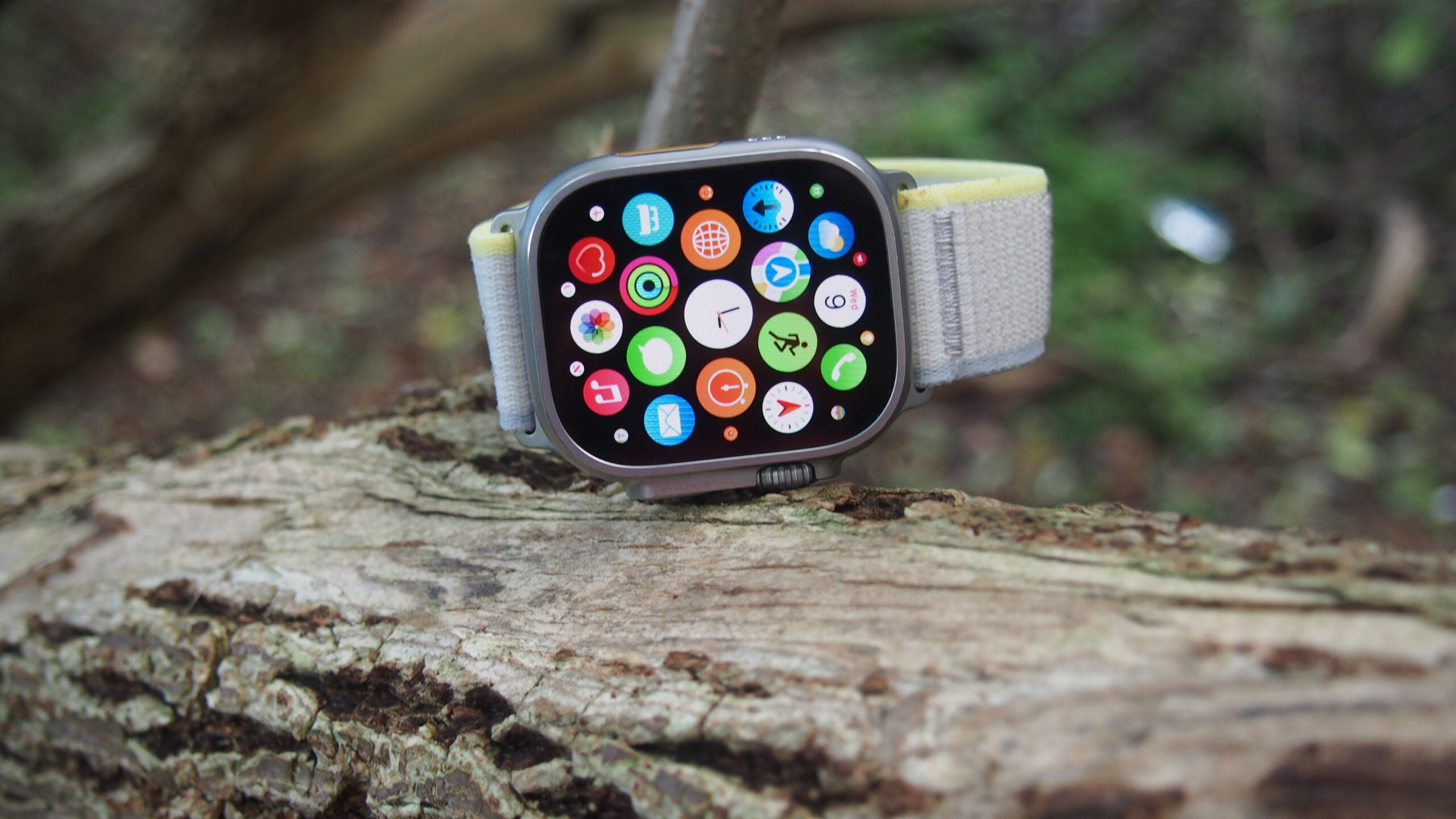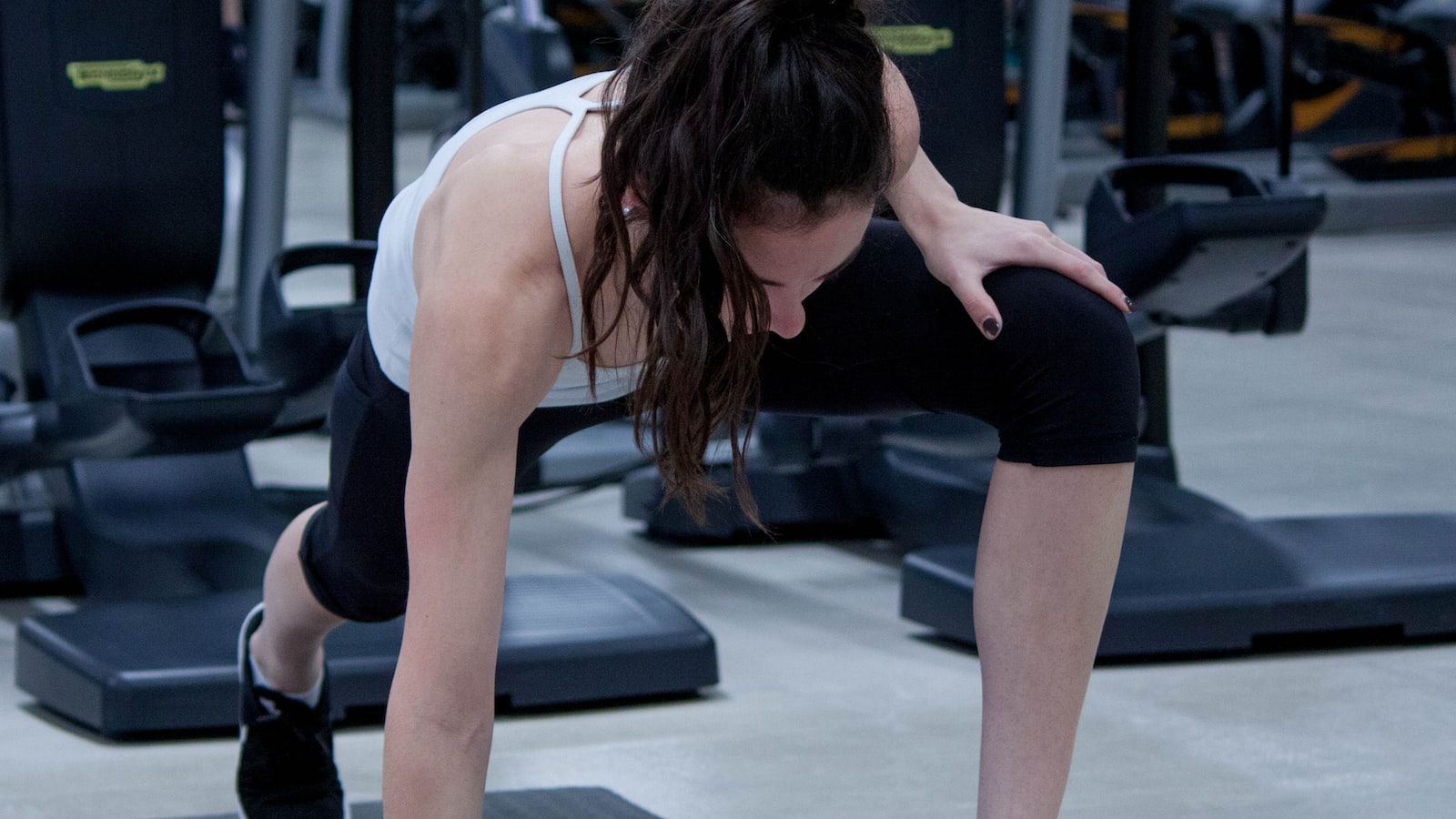Which Fitness Tracker Is Most Accurate?
If you’re looking to get in shape and meet your fitness goals, one of the first things you’ll want to consider is tracking your results. Fitness trackers are a great way to do this, but with so many different ones available on the market, how do you know which one is the most accurate? In this article, we’ll take a look at some of the most popular fitness trackers and discuss which one is the most precise.
List of Content
- 1. Introduction to Fitness Trackers
- 2. Evaluating Accuracy of Fitness Trackers
- 3. Top Fitness Trackers for Accuracy
- 4. Pros and Cons of Each Tracker
- 5. Bottom Line: Which Tracker Is Most Accurate?
- 6. Wrap Up: A Word on Best Practices
- My Awnswers to your Questions
1. Introduction to Fitness Trackers
If you struggle with staying active, then fitness trackers are perfect for you. These devices offer a way to keep track of personal wellness without relying on information that isn’t accurate or reliable. In this post, you’ll learn the basics of fitness trackers and figure out which one is right for you.
What Are Fitness Trackers?
Fitness trackers, also called activity trackers, are small devices that come in the form of a watch, wristband, or clip-on. They contain sensors that track steps, calories burned, distance walked or ran, and hours slept. They also contain accelerometers, which measure movement and detect activity in three dimensions. This allows them to monitor different types of activities like swimming, cycling, and running. What’s more, they often come with a built-in GPS and an app that show more detailed analytics.
What Should You Look for in a Fitness Tracker?
When choosing a fitness tracker, you should consider the following features:
- Battery life – Look for trackers with long battery life, so you don’t have to keep charging them.
- Size – Choose a tracker that’s comfortable to wear and won’t get in the way.
- Design – Make sure the design is of the highest quality and won’t easily break.
- Water resistance – Look for trackers that are water-resistant, so you can use them while swimming.
- Compatibility – Make sure your fitness tracker is compatible with your smartphone and other devices.
- Price – Consider how much you can afford and what features you need.
Are Fitness Trackers Worth It?
Fitness trackers can be a great investment if you’re serious about reaching your fitness goals. They provide a way to track your activity and progress without relying on unreliable information. They also make staying active more fun and motivate you by providing encouragement and feedback. If you’re willing to invest the money, a fitness tracker could be exactly what you need to stay motivated and reach your health and fitness goals.

2. Evaluating Accuracy of Fitness Trackers
Fitness trackers are great for tracking your exercise goals, but it’s important to make sure those trackers are functioning accurately. Accurate tracking makes sure you are able to achieve your desired goals. Here are three tips on how to make sure your fitness tracker is accurate:
- Check the Instructions: Heading through the instructions for the fitness tracker, make sure to familiarize yourself with all the settings, and the Tracker’s functioning. This will help get a better understanding of how the tracker works or if calibration is needed.
- Check the Calibration Requirements: Some trackers need to be calibrated with a known exact distance, weight, or other measure. Doing the calibration will help to ensure the accuracy of the tracker.
- Do Regular Spot Checks: Certain fitness trackers can measure distance by counting footsteps. Do some test runs by counting your own steps and comparing it against the number of steps the tracker says. This can help you compare the accuracy of the device.
Comparing the tracker’s readings against those of other devices such as an accelerometer or a heart rate monitor may help determine if the fitness tracker is accurately tracking your goals. In addition, if you are using a step counter, you can turn it off and on during a known distance, such as 1 mile, and compare it to the number of steps the tracker records to make sure the number is accurate.
If the tracker does not seem to be tracking accurately, consult the manufacturer’s user manual or contact their customer service. Most good fitness tracker manufacturers will have a team of tech support specialists who will be able to answer any questions or help get the tracker calibrated.
3. Top Fitness Trackers for Accuracy
For a worry-free and accurate tracking of your fitness, one of these top 3 fitness trackers should do the trick:
1. Apple Watch Series 6
The Apple Watch Series 6 boasts the strongest accuracy of the fitness trackers out there. This beautifully designed watch is capable of monitoring metrics such as heart and respiration rate, stress, and calories. It also has metrics specifically designed for athletes. It also offers mindfulness and sleep tracking, as well as overall health and safety features.
2. Fitbit Charge 4
Fitbit Charge 4 is another fitness tracker that offers great accuracy. It has all the necessary features like heart and respiration rate monitoring, sleep and activity tracking. Additionally, it can save up to multiple activities and give you voice-guided instructions while working out. It also has features such as GPS tracking and contactless payments.
3. Garmin Vivosmart 4
The next accurate fitness tracker is the Garmin Vivosmart 4. It boasts a long battery life of up to 7 days and tracks metrics such as calories burned, steps, and sleep. It also has an accelerometer and gyroscope for even more accurate data. It also has features to help you with stress, music storage and playback, and swim tracking.
These top 3 fitness trackers are guaranteed to keep you on the right track for your fitness goals with their accurate tracking tools. Pick one you believe best fits your needs and experience a worry-free tracking.
4. Pros and Cons of Each Tracker
Fitness Trackers
Fitness trackers can help you stay on top of your goals, track activities, and keep track of calorie intake and burned calories. Pros of these devices include:
- Detailed feedback and data you can use to monitor health progress
- Advanced tracking capabilities compared to smartphone apps
- Monitoring of sleep duration and quality
- Advancements in technology that provide more features
Cons of fitness trackers include:
- Investing in an item that may become outdated quickly
- The amount of data generated can be overwhelming
- Lack of reliable accuracy for active, time-sensitive tracking as compared to GPS devices
- Interchangeable components can cause confusion while setting up and using the device
Smartphone Apps
Smartphone apps can be easier to use than fitness trackers, as they are right in your phone. Pros of using smartphone apps include:
- Easy access from anywhere (assuming your smartphone works in the area)
- Can track basic goals, like steps taken, calories and habits
- Many apps can integrate with fitness trackers and health websites
- Affordable and constantly improving
Cons of smartphone apps include:
- Drain on battery due to constant GPS tracking
- Not as precise as fitness trackers
- Data is limited to phone capabilities
- Connection can be hindered by data plan restrictions
5. Bottom Line: Which Tracker Is Most Accurate?
Fitbit Flex 2
The Fitbit Flex 2 is capable of providing the most accurate data of all the trackers we tested. It uses advanced algorithms to calculate distance, sleep, and calorie burn. It’s also great for tracking your activity, with options for running, biking, yoga, and even customized activities. Its slim design is comfortable to wear and very discreet, so you don’t have to worry about it getting in the way.
Pros:
- Provides accurate data
- Easily tracks activities
- Slim design is comfortable to wear
- Discreet
Garmin Vivosmart 4
The Garmin Vivosmart 4 is a great choice for those who appreciate having lots of features in their fitness trackers. It offers a number of useful features, like heart rate monitoring, stress tracking, and advanced sleep tracking. It’s also stylish, with its slim design and intuitive touchscreen display.
Pros:
- Lots of features
- Heart rate monitoring
- Stress tracking
- Advanced sleep tracking
- Slim design and touchscreen display
Apple Watch Series 4
The Apple Watch Series 4 is a great choice for those who want a smartwatch that also offers fitness tracking capabilities. It offers a wide range of features, like built-in GPS, heart rate tracking, and notifications. It also has customizable watch faces and bands, so you can make it your own.
Pros:
- Smartwatch and fitness tracker in one
- Built-in GPS
- Heart rate tracking
- Customizable watch faces and bands
- Notifications
Jawbone UP3
The Jawbone UP3 is a great choice for those who don’t want to have to worry about charging their fitness tracker. It uses a special low-power mode to conserve battery life so you don’t have to plug it in all the time. It also tracks activity, sleep, and heart rate, making it a great all-in-one fitness tracker.
Pros:
- Low-power mode to conserve battery
- Tracks activity, sleep and heart rate
- Great all-in-one fitness tracker
6. Wrap Up: A Word on Best Practices
At the end of the day, it all comes down to your own best practices. As a businessperson, you’ll need to establish an approach that works for you, and that may mean stepping outside the box. As long as you stay aware of the guidelines set forth by your particular field or industry, there’s no reason you shouldn’t be able to come up with some innovative processes that bring success.
However, here are some tried and true best practices that can help guide you:
- Plan ahead. Make sure you have a strategy going into any project. Plan for the short term and the long term. Keep an eye out for unexpected roadblocks that could throw a wrench into your plans, and plan for them.
- Stay organized. Make sure all relevant data is organized and updated in real-time. Keep track of projects, documents, results, and feedback. This will help you stay focused, productive, and on-top of your game.
- Communicate with clarity. Make sure everyone is operating on the same page throughout the project. Agree on definitions, roles, contracts, and expectations. This will limit confusion and save everyone time.
- Expect the unexpected. Things rarely go exactly as planned. Be ready to pivot if necessary, and be flexible. Staying agile can help you seize opportunities that may otherwise have been missed.
Remember that the most successful businesses are the ones that don’t worry about running headlong into the “tried and true” methodologies, but forge their own paths. Don’t be afraid to try something different – just make sure you’re smart about it.
The key to success is finding the right balance between “tried and true” safety nets and “outside of the box” innovation. With an eye for best practices and a good sense of self-awareness, you’ll be up and running in no time.
My Awnswers to your Questions
Q: What is a fitness tracker?
A: A fitness tracker is a modern device designed to monitor various aspects of physical activity, such as step counts, distance walked, heart rate, sleep patterns, and other vital health statistic. Fitness trackers come in various forms, such as smartwatches, bracelets, and clips.
Q: Are all fitness trackers accurate?
A: Not all fitness trackers are accurate. While there are a few devices that provide accurate measurements, it’s important to remember that the accuracy can depend on a range of factors, such as the type of technology being used, the settings, and the environment.
Q: Which fitness tracker is most accurate?
A: A few fitness trackers stand out as being particularly accurate. The Fitbit Charge 4 and the Garmin Forerunner 245 are two of the most accurate fitness trackers on the market, as both these devices use GPS tracking technology and both offer advanced health metrics.
As you can see, it’s important to take accuracy into consideration when choosing a fitness tracker. Knowing the various features and specifications of the trackers can help you decide which one best suits your needs. With that knowledge, you can track and improve your daily fitness goals without the fear of inaccurate data.


